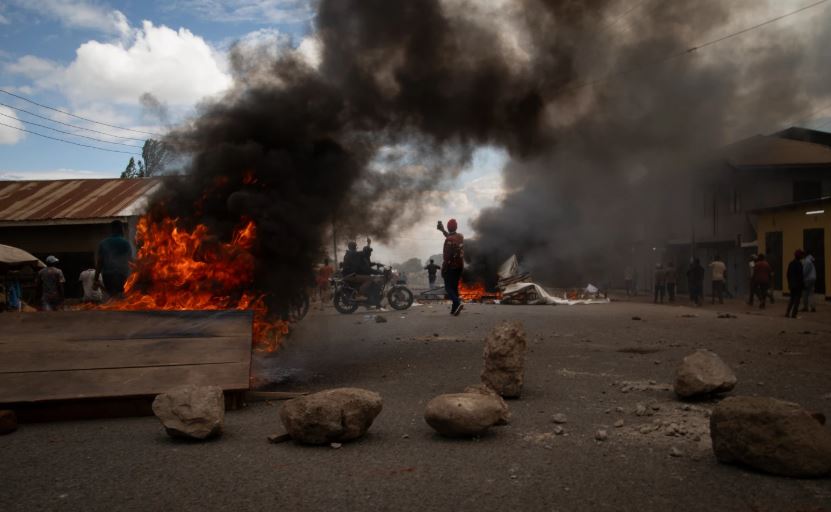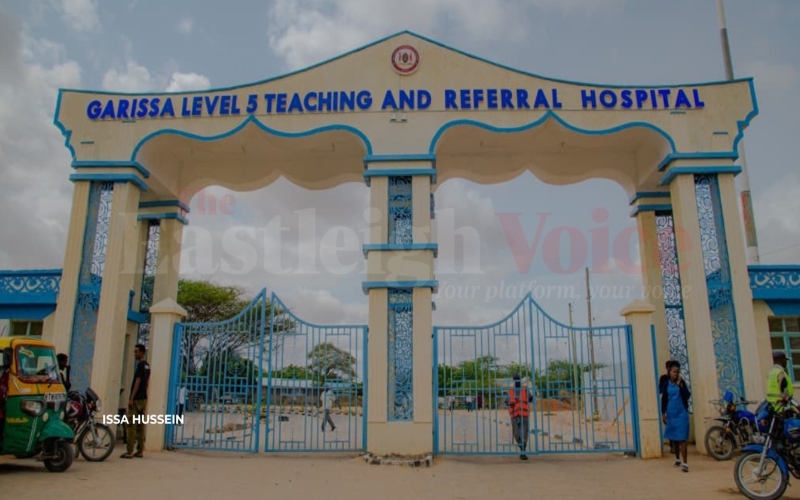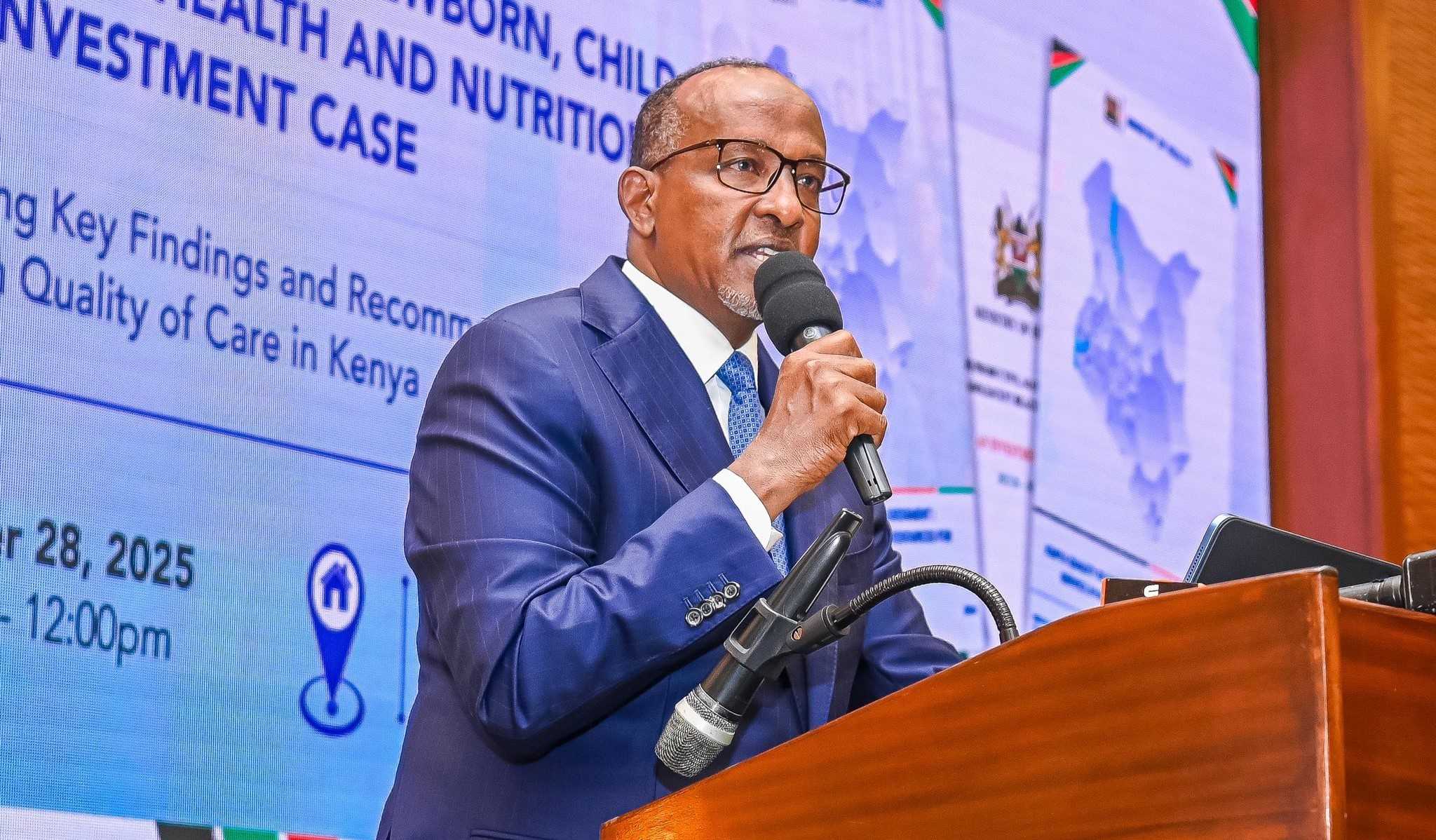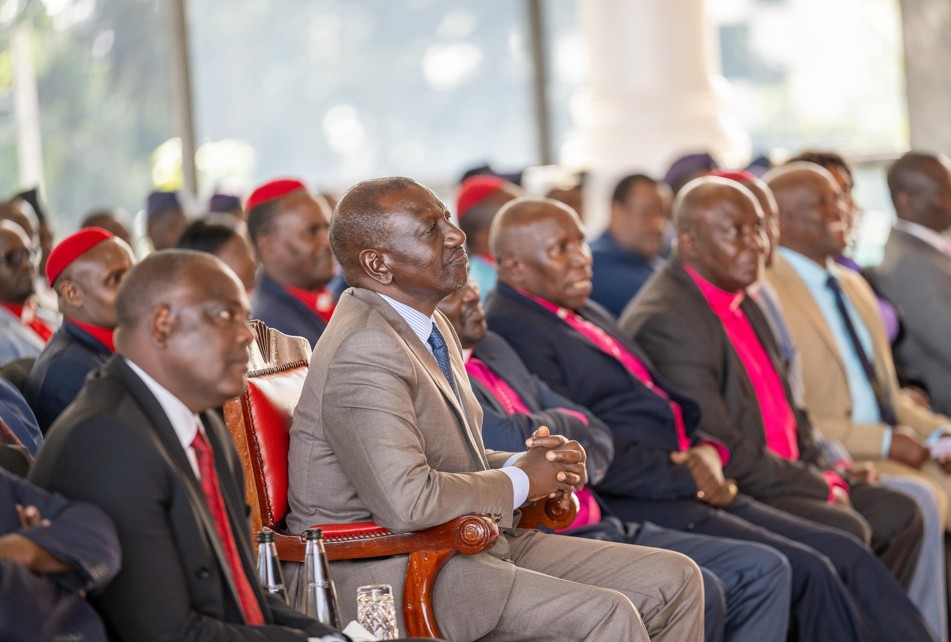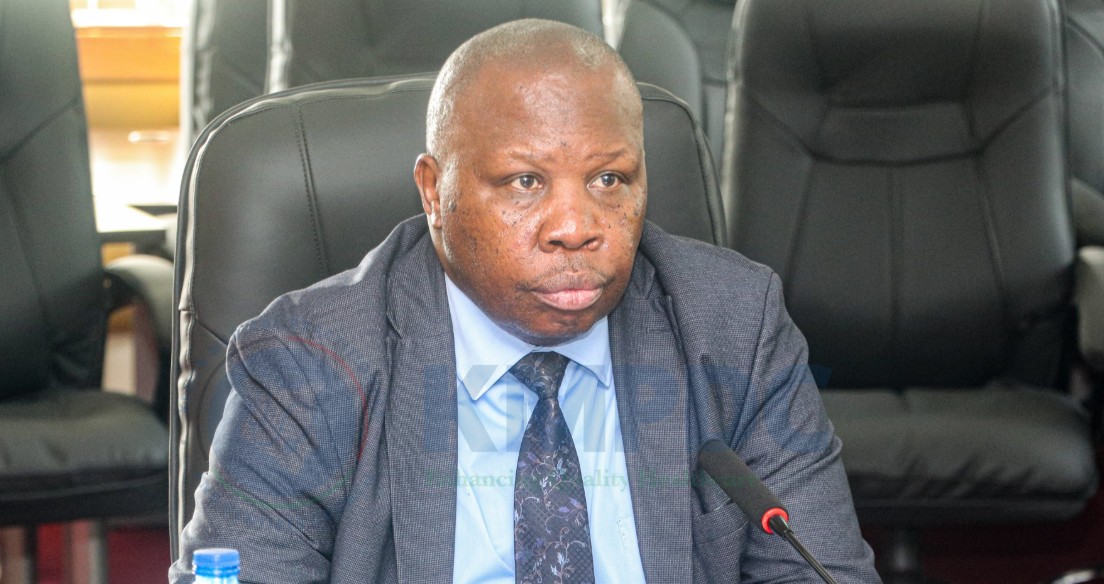Humanitarian aid crisis in Sudan: 1.1 million people denied essential assistance in May
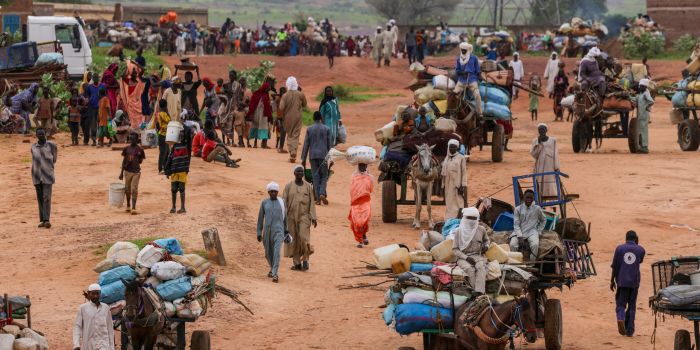
According to the report, the denial of travel permits, border crossing restrictions, insecurity, and obstructions by conflict parties were the main reasons behind the humanitarian aid blockade.
Nearly 1.1 million people in Sudan were deprived of essential humanitarian aid in May 2024, a report by the United Nations Office for the Coordination of Humanitarian Affairs (OCHA) has revealed.
The affected regions include Kordofan, Darfur, Khartoum, and Al Jazirah states. According to the report, the denial of travel permits, border crossing restrictions, insecurity, and obstructions by conflict parties were the main reasons behind the humanitarian aid blockade.
More To Read
- Sudan war: Mass killings prompt fears of a new Darfur genocide
- Reported massacre at hospital in Sudan’s El Fasher leaves 460 dead
- Amnesty International urges RSF to end El Fasher siege, as WHO calls for immediate ceasefire
- Tawila overwhelmed as El Fasher exodus deepens Darfur crisis
- Sudan expels two senior World Food Programme officials amid escalating tensions
- Sudan army withdraws from El Fasher as RSF seizes control
People affected in Kordofan were 301,835, 608,516 in Darfur, 100,004 in Khartoum, and 98,000 in Al Jazirah.
The report adds that since April 2024, the crisis has escalated, with nearly 1.7 million people in these regions unable to receive the needed assistance.
“Since the beginning of April 2024, close to 1.7 million people in Darfur (1 million), Khartoum (160,000), Kordofan (492,000), and Al Jazirah (98,000) people were denied humanitarian assistance according to the relief items movement plan submitted in the Humanitarian Information Sharing (HISM) mechanism,” reads the report.
The report notes that a total of 10 incidents affecting humanitarian operations were also reported via the Access Monitoring and Reporting Framework (AMRF) between March and May 2024.
Violent attacks
These included three violent attacks on humanitarian personnel, six instances of operational interference, and one bureaucratic obstacle.
White Nile reported the highest number of incidents at four, followed by North Darfur (2), Khartoum (1), Sennar (1), and South Kordofan (1).
Despite these challenges, the agency reports that there was an improvement in the approval of entry visas for humanitarian personnel in May 2024.
Out of 120 visa applications submitted, 100 were approved, including 79 for international non-governmental organisations (INGOs) and 21 for UN personnel. Additionally, two applications submitted before May were also approved.
“In the reporting period, 22 visas from INGOs (7) and UN (15) are pending approval,” reads the report.
The visa approval rate significantly increased from April to May, rising from 45 per cent to 83 per cent.
In April 2024, 17 per cent of INGO entry visa applications were approved, compared with 92 per cent in May.
However, the approval rate for UN personnel visas decreased from 75 per cent in April to 62 per cent in May.
“Since April 2023, 279 entry visas have been approved and one rejected out of 330 entry visa applications made by humanitarian organisations reporting through the access tracking system,” reads the report.
The report emphasises that planned assistance to affected populations is yet to be achieved due to one of the access constraints, including bureaucratic impediments.
Top Stories Today
